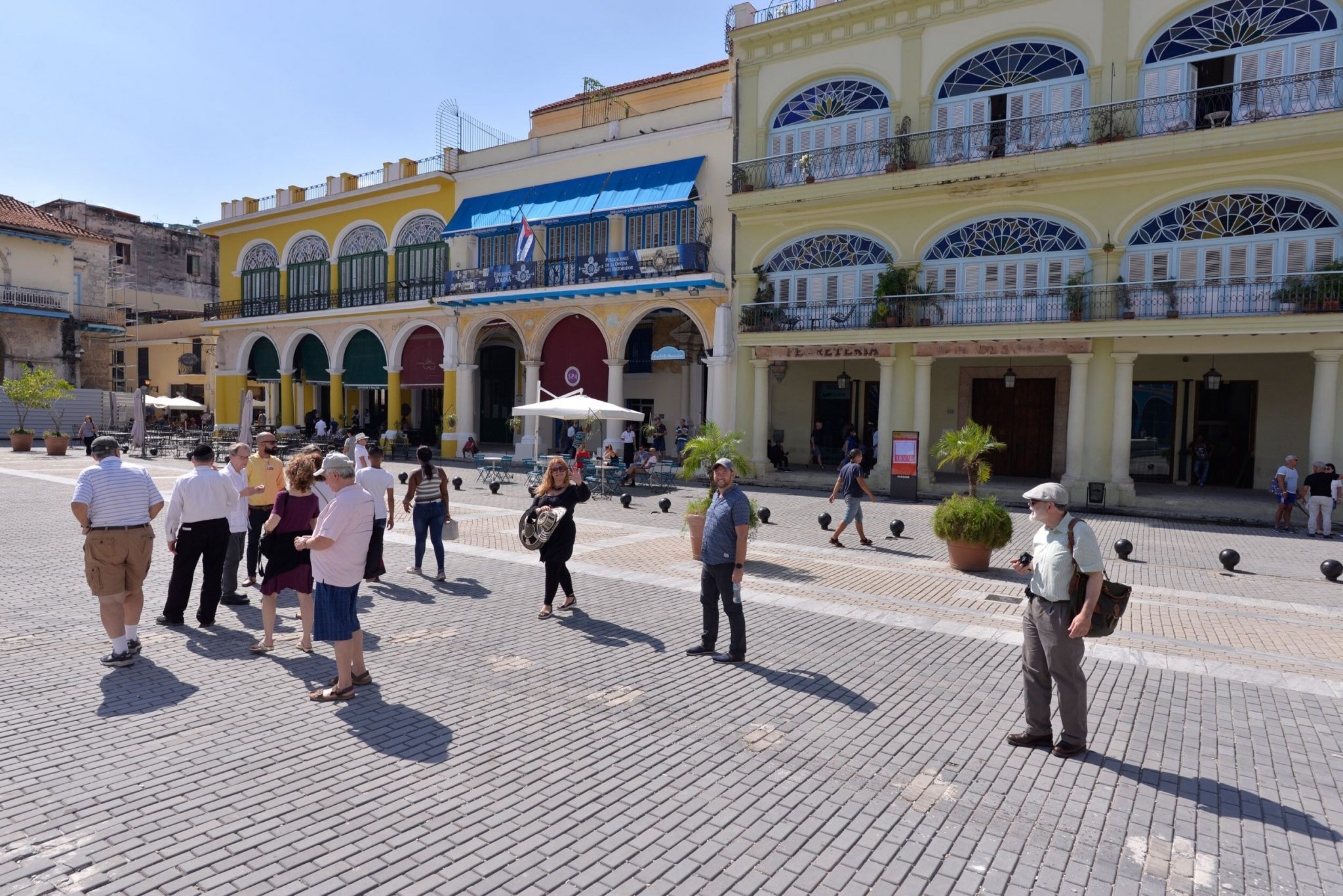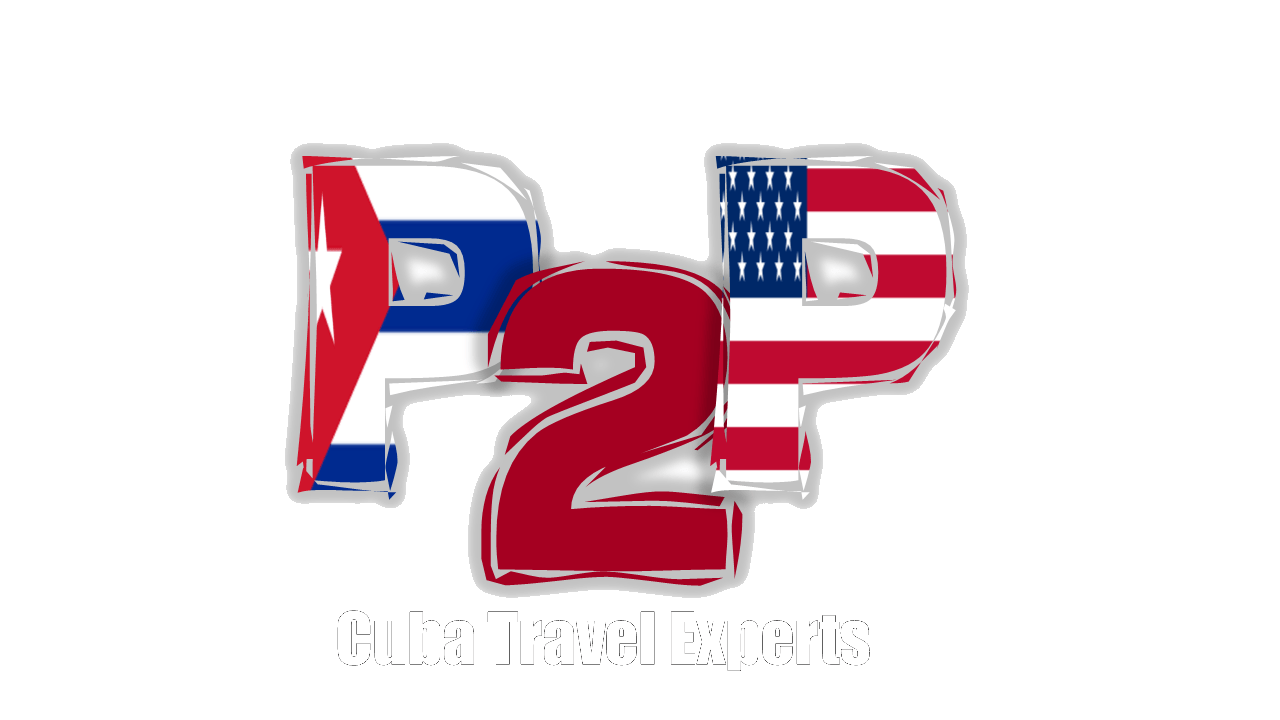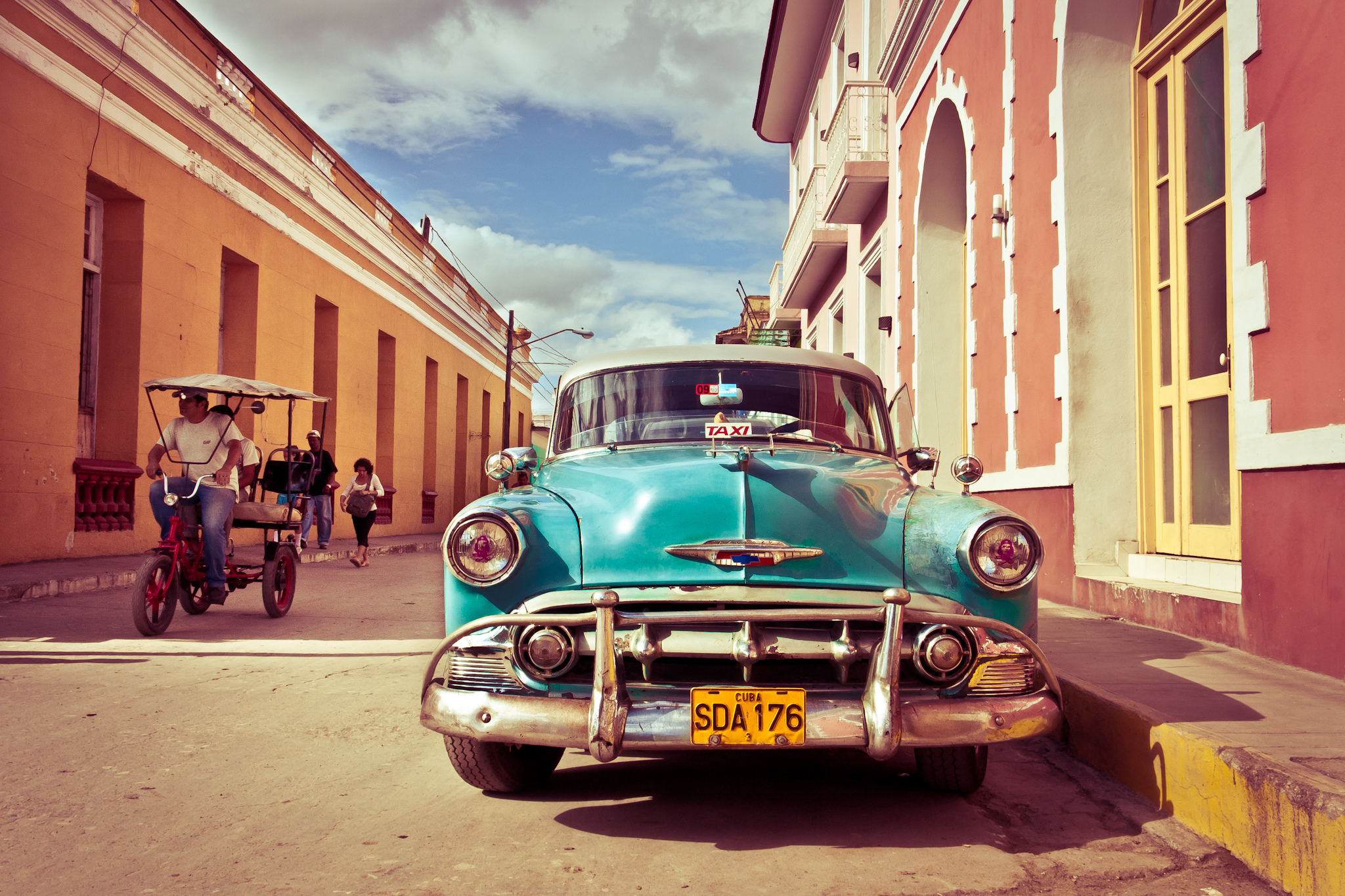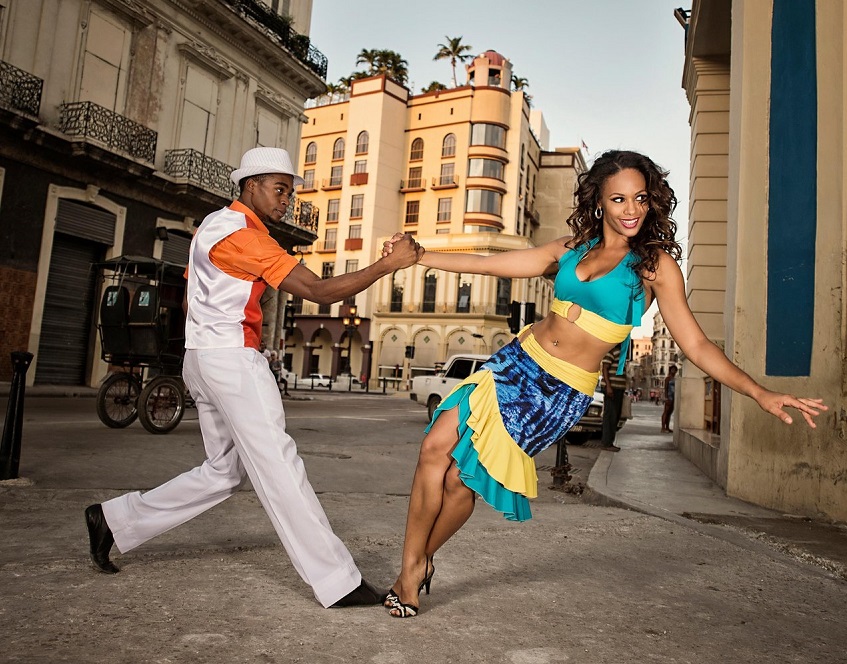Frequently Asked Questions

Cuba is an amazing country with a fascinating history and culture not to be missed. As with travel to any foreign destination, travelers should be aware of the rules, customs, and practices of the host country in order to make their stay most enjoyable. We hope that this guide provides you with answers to the most frequently asked questions about travel to Cuba.
Yes. Under the latest regulations from the US State Department and OFAC, Support of the Cuban People activities are allowed. Although current regulations include a few documentation requirements, compliant travel is permitted. P2P maintains an electronic record of the required documentation for your access and/or request for hard copy. This includes expenses, invoices, receipts, itineraries, compliance licenses, visas, etc.
Persons authorized to travel to Cuba may purchase alcohol and tobacco products while in Cuba for personal consumption. Please note that effective September 24, 2020, authorized travelers may no longer import such products into the United States. For a complete description of what this general license authorizes and the restrictions that apply, see 31 CFR § 515.585(c) and (d).
Unlike other countries in the region, Cuba is a remarkably safe country, as the government is keen to encourage and build tourism. As with any foreign travel, however, you should observe standard safety rules to avoid any unpleasant situations. The most important thing to remember is to remain with your guides, as they will ensure you have a safe an enjoyable trip. Other tips include:
*Do not carry your passport with you unless absolutely necessary
*Walk in well lit areas at night
*Keep wallets in your front pocket
*Keep belongings such as purses, cameras, etc. close to your person when walking
*Keep vigilant when walking in crowded areas
*Do not wear flashy jewelry that may attract unwanted attention
In general, Cuba is a relatively inexpensive place to travel. On average we recommend a daily budget of roughly $100 per day, per person to cover non-covered items and meals, incidentals, etc. Bear in mind that this does not factor in purchases of items such as upscale artwork or premium cigars or rum, for which your cash outlays could vary. Plan on these items costing what you would pay when visiting other similar locales in the Caribbean.
Cuba uses the Cuban peso (CUP) the value of which varies. It is not traded internationally, so you must purchase currency upon arrival in Cuba.
Other than small amounts for use as collectible items, It is illegal to take CUP out of the country so you are best off spending the currency in country when possible.
Bottled water is recommended for consumption in all parts of Cuba unless you are in a facility, such as a hotel, that has a filtration system. We will provide bottled water for all expeditions.
While Cuba boasts one of the best education systems in the world, English is not as common as you might expect based on your travel to other countries of the region. This is gradually changing, but as media and internet are limited, the average person does not have as much exposure to English as you might encounter elsewhere. With that said, Cubans are extremely helpful and curious, so a smile and some basic Spanish will go a long way in communicating with your hosts.
Below are a few choice words and phrases that may help you get started.
Where is the bathroom? | Donde estan los servicios? |
How much does it cost? | Cuanto cuesta? |
Where is the US embassy? | Donde queda la embajada de los Estados Unidos? |
Where can I find a taxi?
| Por donde se consigue un taxi? |
What is your name? | Como se llama? |
Please | Por favor |
Thank you | Gracias |
Your welcome | De nada |
Excuse me | Disculpe |
Chicken | Pollo |
Fish | Pescado |
Beef | Carne de res |
Rice | Arroz |
Beans | Frijoles |
Milk | Leche |
Water | Agua |
Beer | Cerveza |
In Cuba the standard voltage is 110 / 220 V and the standard frequency is 60 Hz, although this can vary by region, the city or even the hotel at which you are staying . Please check locally if you can use your appliances otherwise a power converter may be required.
Power sockets are of type A, B, C and L.
Given our history and current geopolitical climate, politics is a curious, but sensitive subject for both Americans and Cubans. Initiating a discussion of a political nature is discouraged, although you may find that some Cubans are willing to express their thoughts openly. If you do encounter someone willing to engage in a political dialogue, the best thing to do is to simply listen politely and answer questions factually, but without regard to opinion.
Below is a list of the most important documents you should have for your trip.
*Passport – Your passport must be valid for at least six (6) months from your date of entry to Cuba. Bring two (2) or more photocopies to carry with you as you travel around. You may wish to leave a copy at home with someone you can contact in case your passport is lost.
*Travel Visa – Cuban entry visa and exit visa which can be purchased at the airline desk.
*Valid Airline Tickets for travel
While credit cards from most countries outside of the US will work in Cuba, credit card acceptance is low and is typically only available in tourist oriented locations, so local currency is a better option.
Internet is available in Cuba but bear in mind that it is controlled by the government and limited to specified Wi-Fi areas. Hotels and some casa particulares provide internet access for a fee as well, and their connections are approaching standard broadband speeds. Please work with your guide if you have a need to secure internet access while in Cuba.
Cuba is a tropical country so pack as you would for a trip to a similar destination. Days are typically hot and sunny and nights tend to cool down, with a refreshing breeze off of the coast. As with most of the Caribbean, Cuba does get its fair share of rain, so please pack accordingly. Cubans are informal people, so shorts, short-sleeve shirts and t-shirts are perfectly acceptable in most places.
Things to bring to ensure a comfortable stay:
- Cash for currency exchange
- Prescription Medicine
- OTC medication
- Sunscreen
- Insect repellent
- Personal care (handi-wipes, sanitizer)
- Umbrella
- Rain slicker/poncho
- Batteries for electronic devices (AA & AAA)
Do not pack valuables in your checked luggage. You may want to use TSA approved locks for your luggage as thefts have been known to happen at both US and Havana airports.
Tips will not be included for your travel package.
If you leave a tip for exceptional service we recommend leaving it in CUC, as this is more valuable to the recipient.
We recommend the following guidelines:
- At each outside meal, please leave a tip in the amount of 10% of the bill.
- 1 CUC per person each day for maid service.
- Driver – 20 CUC for the trip
- Tour Guide – 30 CUC for the trip
Do's and Don'ts for Enjoying Cuba
Do
- Talk to people. Cubans are friendly and curious about Americans and want to get to know us.
- Wear lost of sunscreen. The Cuban sun is quite strong, so it is best to reapply sunscreen frequently.
- Wear casual light clothing and comfortable shoes for walking. Cubans are very laid back.
- Consider donating to local charities or sanctioned religious organizations while visiting.
- Leave spare personal care items that you may not need. The people are proud, but happy to accept "gifts" that help them meet their daily needs.
- If you wish, bring candy to give away to kids. All kids love candy and in a country like Cuba it goes a long way.
- Take photographs and video unless otherwise prohibited. This is a unique adventure that you will want to cherish for a lifetime. Your guides are happy to help as well.
- Enjoy yourself! Much like the famous mojito cocktail, Cuba is to be savored slowly.
Don't
- Criticize the Cuban government or its policies. Politics is a sensitive topic in Cuba and as guests we should respect their ways.
- Wear flashy jewelry. While Cuba is considered safe, it is always a good travel practice to dress modestly.
- Buy anything from street vendors. Many of the goods you may be approached to buy could be counterfeit. If there is something you need or wish to purchase, please speak with your guide and s/he can take you to a reputable vendor.
- Patronize any establishment not approved by your guide. Our guides are local to the area and knowledgeable about the best places to go to enjoy your stay.
Submit your review | |
1 2 3 4 5 | |
Submit Cancel | |



